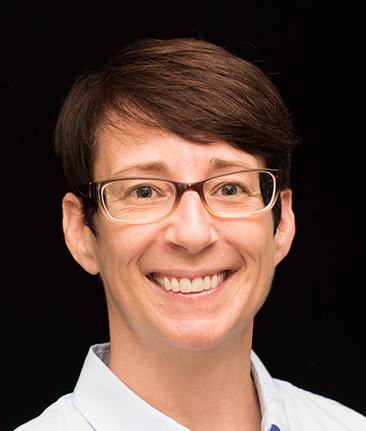
Sherri Prosser
Instructor
College of Education
-
Contact
- prossers@apsu.edu
- 931-221-7516
- Claxton Building Room CX 319
-
Resources
- College of Education
- Curriculum Vitae
- Doctor of Philosophy, University of Florida
- Master of Education, University of Florida
- Bachelor of Arts in Education, University of Florida
Dr. Prosser has taught undergraduate and graduate courses in mathematics education, special education, educational psychology, and foundations of education. She was district-level mentor for K-12 novice teachers and a field supervisor for preservice special education teachers. She taught middle grades mathematics and elementary special education in Volusia County, Florida. Most recently, she was a visiting professor in the Johns Hopkins University EdD program and taught: Research on Effective Professional Development, Multiple Perspectives on Learning and Teaching, Contemporary Approaches to Educational Problems, and Technologies and Creative Learning.
Dr. Prosser’s dissertation focused on teacher identity as it relates to participation in an online professional development program. Her research interests include professional development, online teaching and learning, special education, mathematics education, professional identity, educational technology, and practitioner research.
-
Borkoski, C., & Prosser, S. K. (2021). Developing faculty identity as a community engaged scholar: An unexamined barrier to promoting the public mission. In A. Papadimitriou & M. Boboc (Eds.), Re-envisioning higher education’s public mission: Global perspectives (pp. 77–95). Palgrave MacMillan. https://doi.org/10.1007/978-3-030-55716-4
-
Borkoski, C., & Prosser, S. K. (2020). Engaging faculty in service-learning: Opportunities and barriers to promoting our public mission. Tertiary Education and Management, 26, 39–55. http://doi.org/10.1007/s11233-019-09033-0
-
Chauvot, J., Pape, S. J., Prosser, S. K., & Hicks, K. (2019). Models of online mathematics education: Examples from professional learning programs for mathematics teacher education. In P. Wachira & J. Keengwe (Eds.), Handbook of research on online pedagogical models for mathematics teacher education (pp. 1–21). IGI Global. http://doi.org/10.4018/978-1-7998-1476-4.ch001
-
Everson, I., & Prosser, S. K. (2019). Teachers’ perceptions of school culture and professional development related to technology. Tennessee Educational Leadership Journal, 46(2), 14–22. Retrieved from https://www.apsu.edu/education/telj.php
-
Pape, S. J., & Prosser, S. K. (2018). Barriers to technology implementation in community college mathematics classrooms. Journal of Computing in Higher Education, 30, 620–636. http://doi.org/10.1007/s12528-018-9195-z
-
Griffin, C. C., Dana, N. F., Pape, S. J., Algina, J., Bae, J., Prosser, S. K., & League, M. B. (2017). Prime Online: Exploring teacher professional development for inclusive elementary classrooms. Teacher Education and Special Education, 41(2), 121–139. http://doi.org/10.1177/0888406417740702
-
Prosser, S. K. (2017). Teachers’ will to learn in an online mathematics professional development. New England Mathematics Journal, L(2), 32–40. Retrieved from https://atmne.org/new-england-math-journal/
-
Dana, N. F., Pape, S. J., Griffin, C. C., & Prosser, S. K. (2017). Incorporating practitioner inquiry into an online professional development program: The Prime Online experience. Professional Development in Education, 43(2), 212–231. http://doi.org/10.1080/19415257.2016.1152592
-
Pape, S. J., Prosser, S. K., Griffin, C. C., Dana, N. F., Algina, J., & Bae, J. (2015). Prime Online: Developing grades 3-5 teachers’ content knowledge for teaching mathematics in an online professional development program. Contemporary Issues in Technology and Mathematics Teacher Education, 15(1), 14–43. Retrieved from http://www.citejournal.org/
-
Prosser, S. K., Zimmer, K., Barnes, Z., & Fisher, K. (in press). Language development (PreK–2). In K. Fisher & K. Zimmer (Eds.), Special education programs and practices for young children. Slack.
Tennessee Department of Education Aspiring Assistant Principal Network Grant. $2.14 million. 2020–2024. Aspiring assistant principals: University–district partnerships to support job-embedded internships. Principal Investigator.